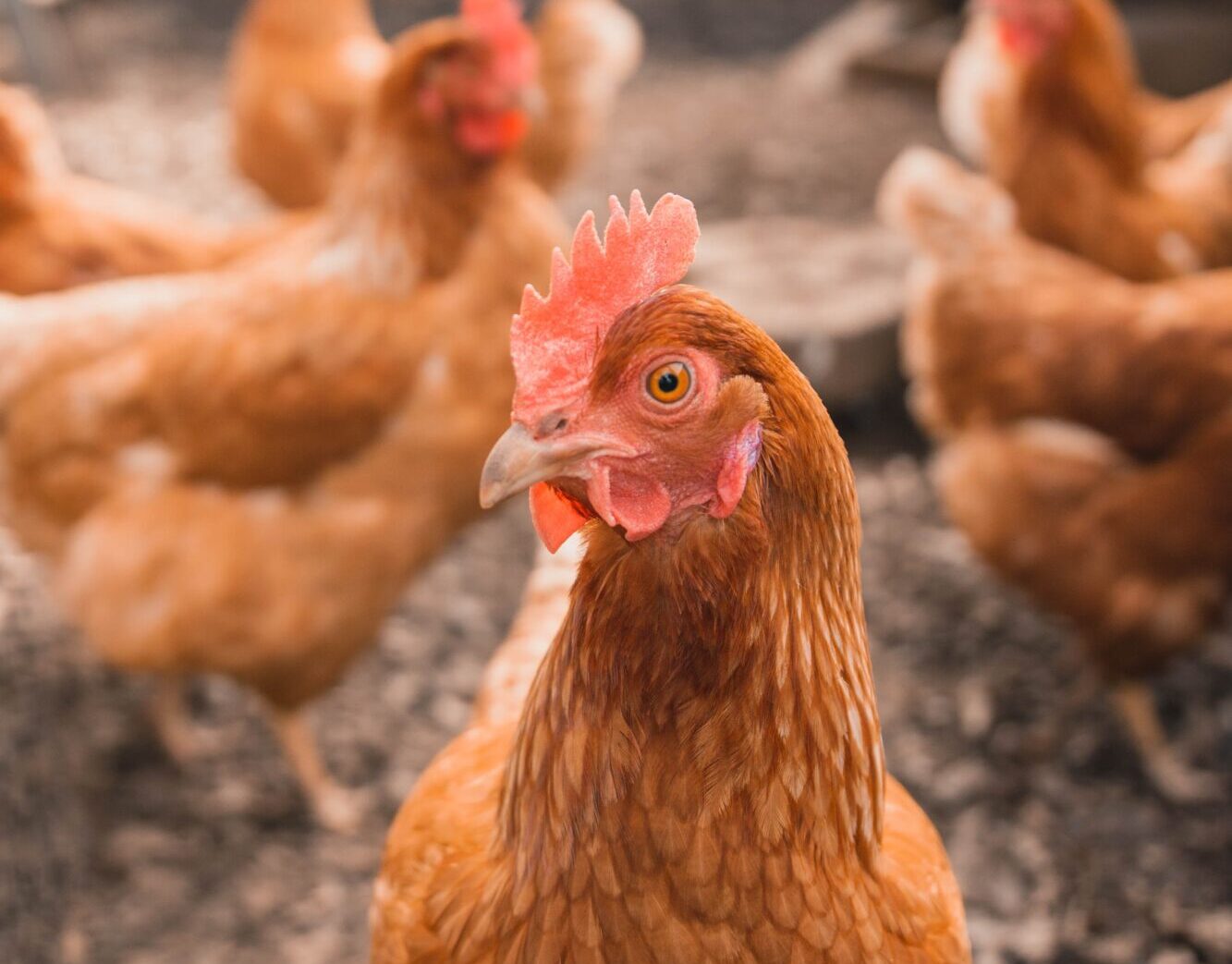
The European Commission’s decision to exempt Ukrainian poultry from customs duties is enriching one controversial oligarch in particular as Brussels and the bloc at large continue to grapple with the economic fallout of the war and the looming challenge that awaits if Ukraine’s EU accession bid is successful.
Ukrainian poultry giant MHP, which is owned by the politically connected businessman Yuriy Kosiuk, has witnessed a booming export business since the war began, after the EU decision to remove tariffs around Ukrainian agricultural goods in a bid to assist the beleaguered Ukrainian economy.
Estimated to have a net worth of $1.1 billion as of 2020, Kosiuk served as a political advisor to former Ukrainian President Petro Poroshenko following the overthrow of Kyiv’s pro-Russian government in 2014 and has business interest in the food sector across Ukraine and the Balkans.
French agricultural groups voiced their outrage with Ukraine’s customs-exempt status last year, stating that the EU’s response to the crisis in Ukraine was assisting specific business interests rather than the country at large, as Ukrainian poultry imports jumped 54% in a single year.
The situation mimics a wider issue of how European domestic markets are responding to the forced integration of Ukrainian agriculture, with excess Ukrainian grain stocks triggering a political crisis among Eastern European farmers earlier this year.
Prior to the war, the Ukrainian poultry sector was deemed non-compliant with EU animal welfare standards despite attempts by firms to tap into funds from the European Bank for Reconstruction and Development (EBRD).
The outbreak of war forced the EU to roll out so-called “trade defence measures”—known as the Autonomous Trade Measures (ATMs), intended to prop up the Ukrainian economy—set to be in place until June 2024 after an extension was approved by the European Commission in February this year.
Responding to a request for comment from The European Conservative, a spokeswoman from the Committee on Agriculture and Rural Development (AGRI) said that she could not comment on individual reports of oligarchs benefiting from the arrangement, but said that eurocrats were regularly monitoring the situation and enforced the same standards as within the EU to avoid double standards.
The Commission denied that solidarity mechanisms for Ukraine were crippling the domestic EU agricultural sector in response to a question put to it by various Polish EPP MEPs who expressed fear that EU membership for Kyiv might impact the European CAP system of farming subsidies.
The headache of how to integrate Ukraine into the EU is likely to remain a running theme in Brussels for the coming years as EU leaders quietly aired their discomfort at the radical change in the balance of power needed to facilitate Kyiv’s EU entry, including ending the traditional dominance of CAP by French farmers.
